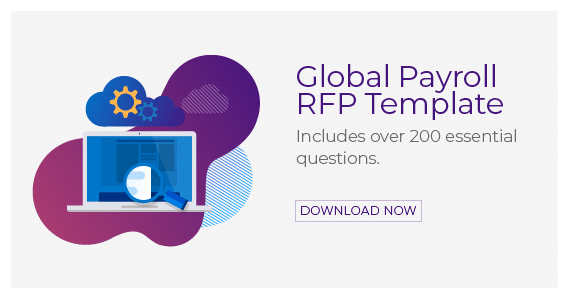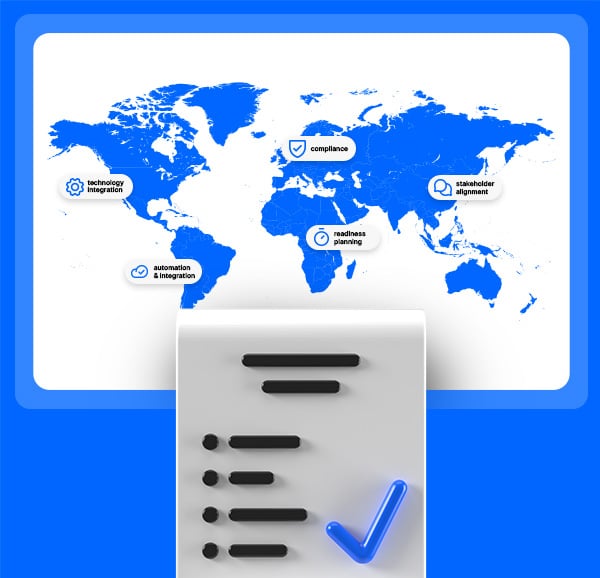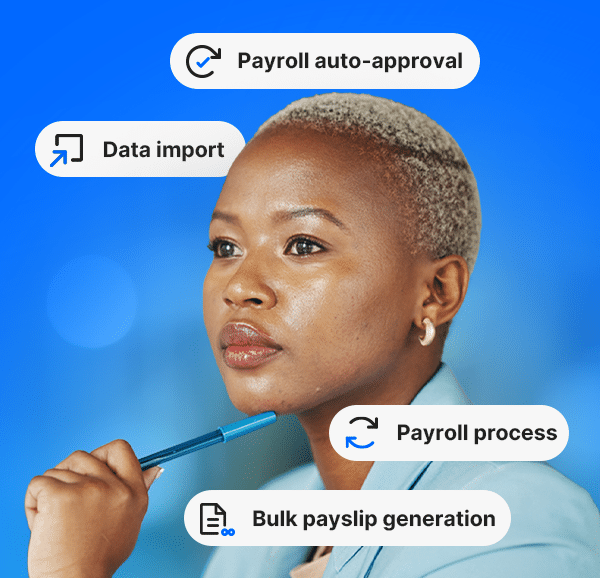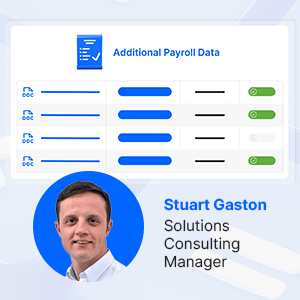There are many reasons why businesses decide to outsource their payroll to a third-party provider, but one of the biggest is the complexity of doing modern international business.
Making sure that every employee gets paid accurately, on time, and in compliance with multiple sets of national employment and tax regulations is no easy task, especially when done in-house. Given the severity of the consequences of getting these things wrong – legal, financial, reputational, and so on – it’s no surprise that even large-scale businesses feel they need the help of a global payroll solution to support their payroll management.
Of course, there are plenty of different payroll service providers out there, and working out which one will best support your specific business needs can be easier said than done. To help inform your decision-making, this blog highlights the six key areas on which to assess a prospective partner.
What is a payroll service provider and how can they help you?
Payroll service providers are companies that can take on the administrative burden of running payroll, either at a local, national, international, or global level. Depending on the services offered, they can calculate pay and deductions, perform payroll processes and cycles, and keep track of all relevant regulations so that you’re always compliant. Taken to the fullest extent, these providers can run fully managed services that take over your payroll operation in its entirety.
The key factors to consider
Some of these considerations will be more important to your business than others, depending on what you’re looking for from a provider. For example, your goal may be to improve the reliability of your payroll processes, develop a single global source of truth for payroll, or gain access to detailed analysis and insights from your payroll data. In any case, these six factors highlight the biggest priorities for most organizations:
System integration: connecting a payroll platform to other software, such as human resources, finance, and accounting can drive efficiency and consistency in employee data, and remove the hazards of data duplication. It can enable the development of a centralized HR approach that takes advantage of employee self-service, where employees can access everything they need from one place, giving them better experiences as a result.
Compliance: connected to the previous point, every country has its own set of local laws and requirements for payroll, which can change over time. Additionally, scaling your business upwards and expanding into new markets only adds to the complication of staying compliant. Ideally, you should work with a provider that is on the pulse of country-specific regulations all over the world.
Analytics: gaining insights from payroll data can be a game-changer for any business. They can uncover areas where errors can be reduced, enable those issues to be addressed proactively through real-time analysis, support better planning and forecasting, and help you understand how payroll helps (or hinders) a positive employee experience. Partnering with a provider with strong analytical tools is therefore essential.
Process automation: advances in technology mean many mundane and time-consuming payroll processes can now be automated. These include (and are not necessarily limited to): timekeeping, commission processing, recordkeeping, reporting, tax deductions, employee verifications, and overtime pay approvals. Using automation in these areas reduces the risk of human error, and can free up time for your payroll team to add value elsewhere.
Visibility: when you have a single payroll platform in place, it’s far easier to get full visibility of payroll performance and efficiency across an entire organization, and to compile reports. This should ideally come together in dashboarding that delivers detailed information in a single pane of glass, which can make global payroll management vastly more simple and effective.
Security: keeping employee data safe and secure is absolutely vital, for two very important reasons. One is the ever-increasing rate of security breaches, especially phishing attacks. The other is the scale of the consequences of a breach: not only could you fall foul of regulations like GDPR, but it could cost you thousands or even millions. A good provider will be able to demonstrate a comprehensive, robust approach to security.
In summary
With the right global payroll partner in place, you have access to everything you need to turn payroll from a back-office necessity into a force for good throughout your organization. Whether you’re considering outsourcing certain parts of your payroll operations, or all of them as a fully managed service, you can have the confidence that your payroll is as accurate, secure, compliant, efficient, and insightful as it possibly can be.
When you partner with CloudPay, you’re partnering with a global payroll provider that has all the bases covered, from security and compliance to analytics and integration. Find out more about our services and solutions here.



